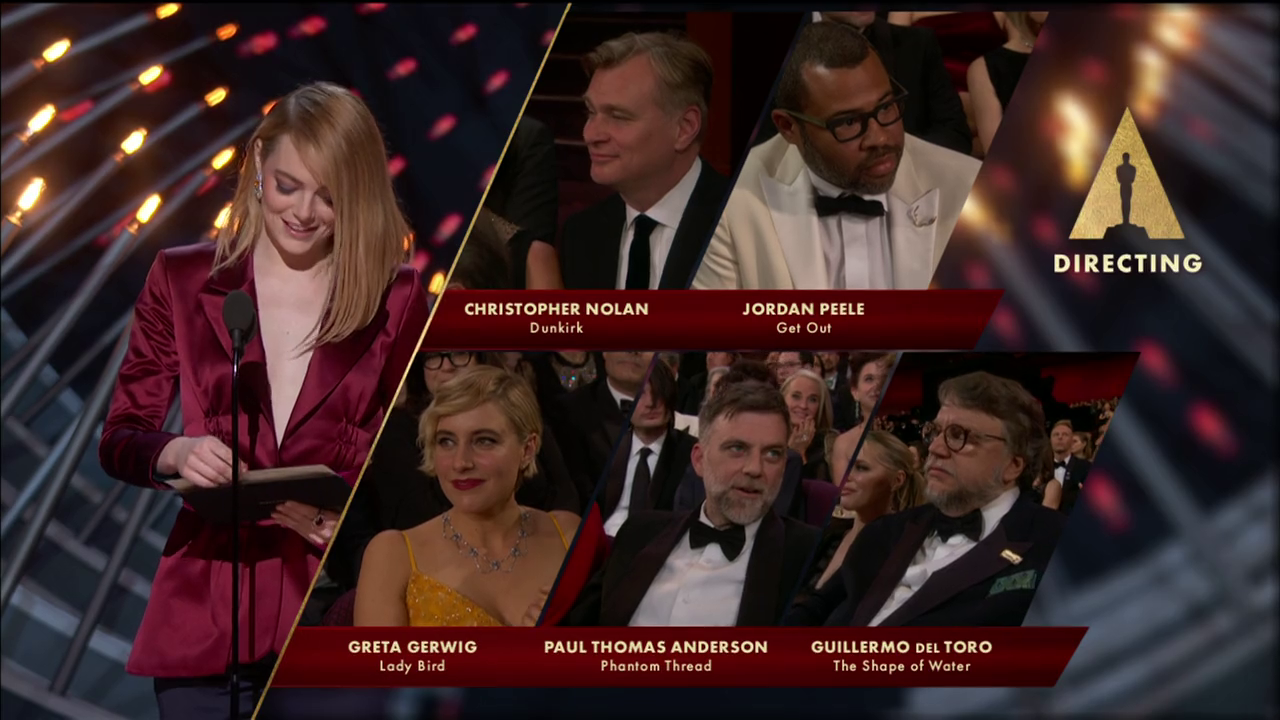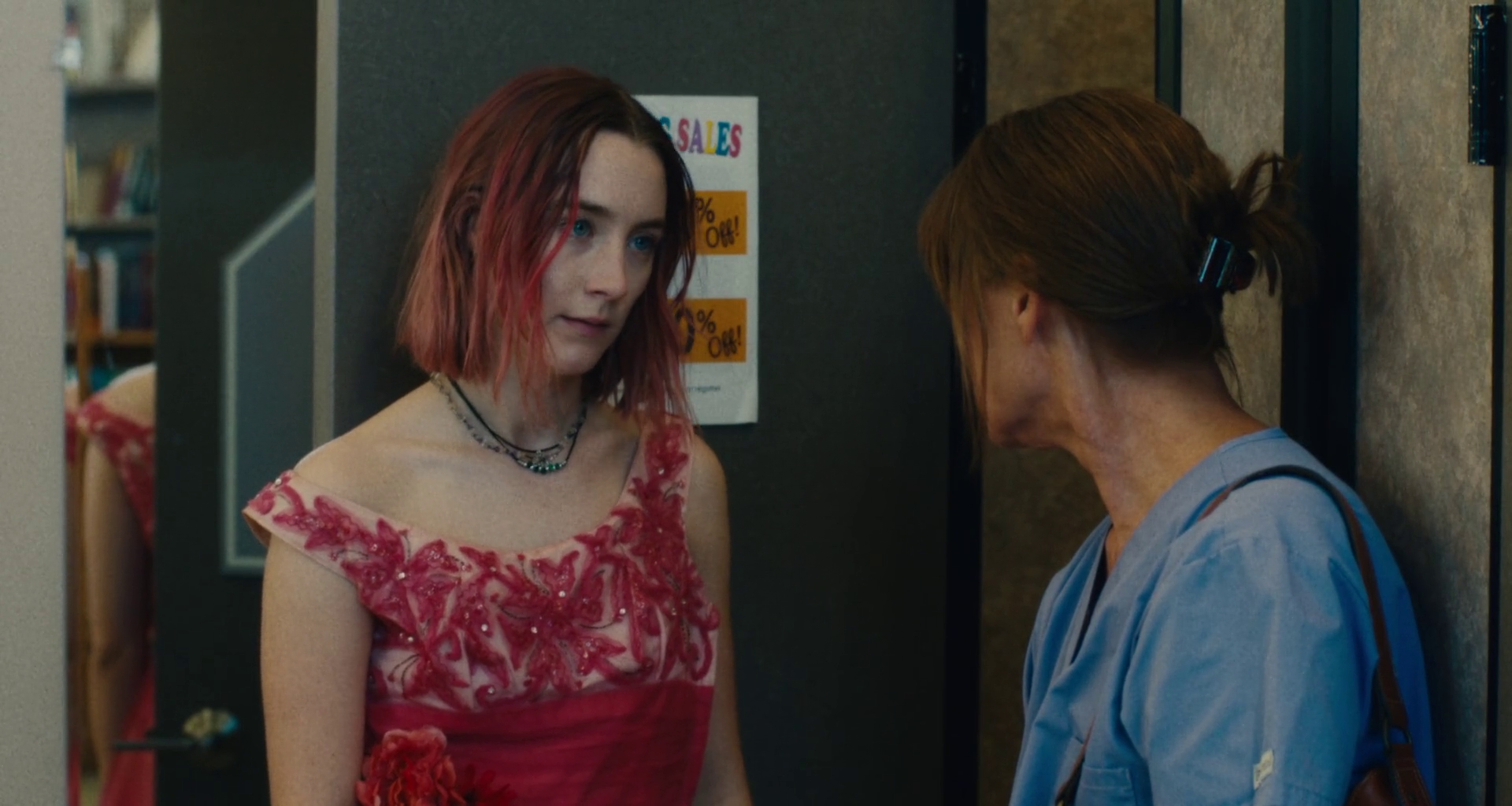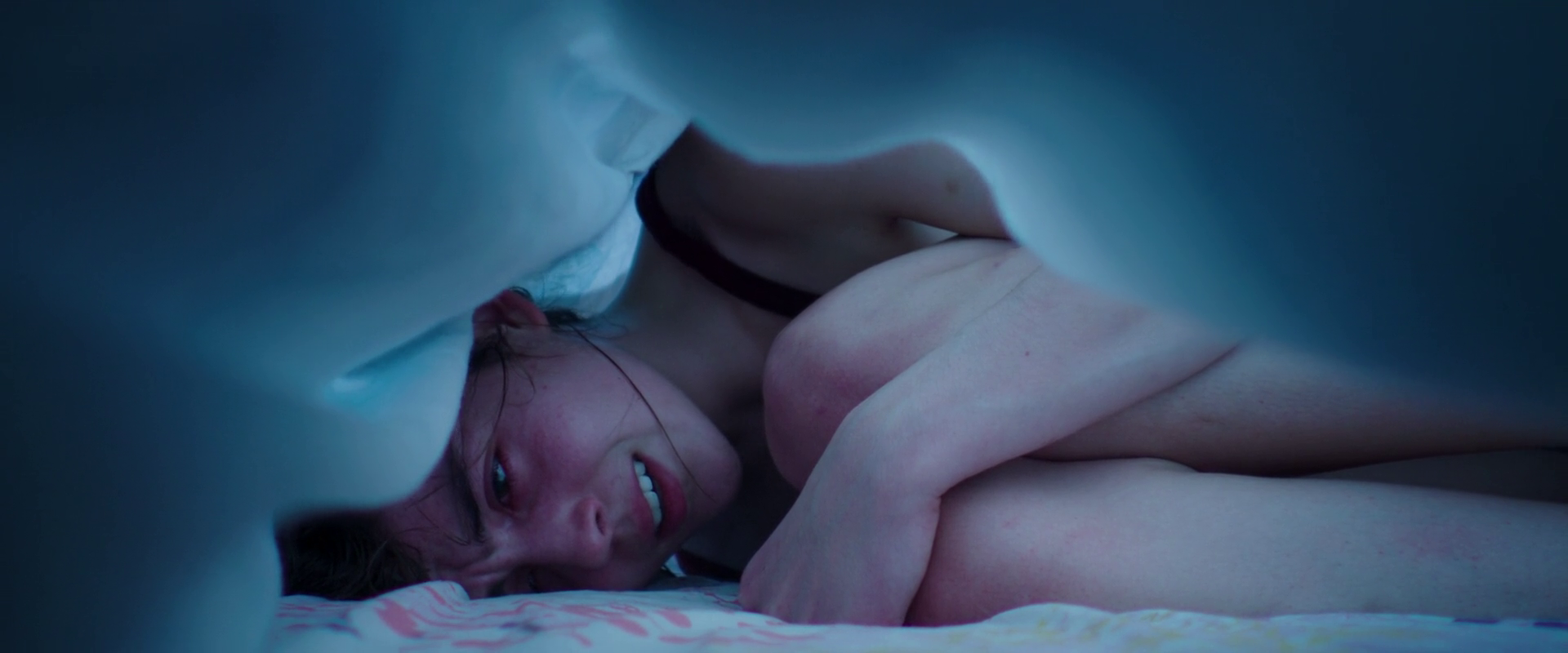Through Her Lens: 2017 (The 90th Oscars)
 Saturday, December 18, 2021 at 8:00PM
Saturday, December 18, 2021 at 8:00PM A series by Juan Carlos Ojano. Previous Episodes: 2018 | 2019 | 2020-21

The 2017 awards season was marred by the multiple accusations of sexual abuse and harrassment made towards several industry giants, mainly notorious film producer Harvey Weinstein. This catapulted the #MeToo and #TimesUp movement into the international spotlight, addressing women’s issues in a broader context, especially with a misogynistic president sitting at the White House.
At that year’s Oscars, Greta Gerwig became only the fifth woman to be nominated for Best Director in the awards’ ninety years of existence. A moment that must be celebrated, but also an embarrassing reminder of how Hollywood has failed women directors, whether in awards or in actual film production. Out of the 341 films included in the Reminder List of Eligible Films in 2017 (90th Academy Awards), 60 (17.6%) were directed/co-directed by women...

NOMINEE: Greta Gerwig - Lady Bird
In this Best Picture-nominated coming of age drama-comedy, Gerwig goes back to 2002 to tell the story of a senior high school student who decides to forge her own identity as college approaches. What she achieves here is deceptively facile yet emotionally meticulous. While the narrative feels small-scale, Gerwig magnifies the emotional stakes of each scene, By treating them both as individual scenes that feel alive and as building blocks of Lady Bird’s journey, Gerwig showcases her understanding of the weight of these moments. Gerwig stages scenes with a razor-sharp sense of rhythm to flesh out the piercing undercurrents in family and friendships. Also, the way the film resides in the fine line between humor and poignancy adds to the emotional complexity that Gerwig manages to accomplish. Streaming on Netflix and Kanopy.
OTHER OSCAR-NOMINATED FEMALE-DIRECTED FILMS (in alphabetical order): The Breadwinner, Edith+Eddie*, Faces Places*, Heroin(e)*, Loving Vincent, Mudbound, Negative Space*, On Body and Soul*, Traffic Stop*, and Watu Wote/All of Us*. (*not in the eligibility list for Best Picture)
AN ALTERNATIVE SET OF FIVE

Nora Twomey - The Breadwinner
Nominated for Best Animated Feature, this film traces 11-year-old Parvana’s fight to provide for her family during the Taliban regime in Kabul. Twomey’s task is to tell this story of liberation with two stylistic threads: the perilous reality where women are not even allowed to go outside of their houses without a male relative and the fantastical story of a boy trying to protect his village. Both grippingly brought to life, these two visual styles complement each other in probing a young girl’s predicament inside and out. Twomey crafts each scene with sensitive visual flair, one that deepens the resonance of each moment. And while the film excels in how it shows, it even strengthens its impact in what it does not. In both modes, the film is gut-wrenching yet rewarding. Available to rent on iTunes, Amazon Video, Google Play, and Youtube.

Kitty Green - Casting JonBenet
In her third film, Green investigates the death of child beauty queen JonBenét Ramsey, but her methodology is far from typical. Instead of getting directly into facts, she circles around them using the process of casting actors for reenactments. With this strategy, Green unearths the different perspectives of the people who were around during the infamous incident. Call it communal psychology, if you may. The act of interviewing becomes a potent display of human nature and how people interact. Green finds those moments through her restraint, keeping us patiently going back and forth between talking heads and the actual staging of the real-life events. But by the end, Green did not settle for a literal recreation; the final scene is a haunting confrontation of the community with their different versions of their truths. Streaming on Netflix.

Dominique Abel & Fiona Gordon - Lost in Paris
Excellent physical humor is no easy feat. It requires the utmost sophistication in characterization, absurdity, narrative cohesion, and visual strategy to pull off gags that actually work well in the context of a film. This film by the directing duo of Abel and Gordon does that and a lot more. They capture the physicality of the jokes with an idiosyncratic eye that even makes them work. The staging of these jokes are also very deliberate: the ballroom sequence itself brings multiple layers of jokes in one shot - the dancing, the beat of the music that plays, the people dining, reacting to the said music. But what also makes this work is the moderation practiced. It is easy to overstay one’s welcome and make the film’s eccentric comedic tone wearisome as time goes on, but the film keeps it invigorated with tickling panache. Streaming on Kanopy and Pluto TV.

Dee Rees - Mudbound
This historical drama sees the stories of two families - one White, one Black - during the aftermath of World War II. While the narrative takes on the challenge of shifting perspectives from the different members of both families, Rees guides the film with a singular vision in using a strong sense of milieu to scrutinize interpersonal dynamics in the face of racism and trauma. Conversations between characters are always threatened with an explosion of violence, whether physical or otherwise, and the consciousness in noticing human behavior in those moments is particularly skillful. However, that attention to detail is not always used for tension. For example, a mother eating a chocolate bar on her own becomes a moment handled with beautiful nuance. Rees’s empathy to these characters is strikingly evident. Streaming on Netflix.

Julia Ducournau - Raw
In her feature film debut, this Palme d’Or-winning director tackles the story of a vegetarian teenager who started craving for flesh. Ducournau is as interested in internal havoc as with physical carnage. Her filmmaking displays her grasp that these two are strongly intertwined. The opening scene makes us watchful of framing and sound, establishing peril and unpredictability. The first party is captured in a long take as we are thrown right into the protagonist’s confused excitement. Meanwhile, her first taste of human flesh is horrifying because of Ducournau’s choices. Instead of just focusing on gore, she gives as much emphasis on the exact moment the protagonist gives into her desire, a discovery of a pleasure that she experiences right in that moment. This is a film that activates our senses, to horrifying effect. Streaming on Netflix.
HONORABLE MENTIONS
Jonathan Dayton & Valerie Faris - Battle of the Sexes
Eliza Hittman - Beach Rats
Sofia Coppola - The Beguiled
Dorota Kobiela & Hugh Welchman - Loving Vincent
Maggie Betts - Novitiate
What would your dream ballot look like?



Reader Comments (6)
I really need to watch LOST IN PARIS. In any case, great write-up as usual and congrats on your wonderful choices. I especially love the praise for Kitty Green.
very disappointed not to see BEACH RATS in your five. but otherwise i like it haha
Great piece, but a little odd that you don’t include the actual nominated woman in the 5? Regardless, solid choices. My 5 would be:
Gerwig, “Lady Bird” (my winner, both in reality and in this exercise)
Faris (and Dayton), “Battle of the Sexes”
Dee Rees, “Mudbound”
Eliza Hittman, “Beach Rats” (underrated movie and performance by Harris Dickinson)
Sofia Coppola, “The Beguiled”
While there was obviously no chance these would have ever been the final five, it’s still five more-than-worthy efforts that should’ve been more in the conversation.
Why is Raw considered in the 2017 line up?
As I usually do, I offer some choices from spanish language films:
Issa Lopez for Vuelven (Tigers Are Not Afraid)
Citlalli Andrango (along with her husband Joshi Espinosa) for Huahua
Astrid Rondero for Los Días Más Oscuros de Nosotras (The Darkest Days of Us)
Natalia Beristain for Los Adioses (The Eternal Feminine)
@Cláudio: Thanks! Love that you suggested that I try the film. Turns out, I loved it!
@Nathaniel: You know it was close. ;)
@Paranoid Android: Thanks! I did see your previous comment in the 2020-21 piece and would like to address it: I did some thinking on whether to include the actual nominee or not in the alternate five. I decided not to, but to give a nominee spotlight (same length as one alternate choice) so as to give more opportunities to mention other directors as well as part of the actual five. I hope that clarifies your concern, but thank you for asking and for following this series.
@César: Hello! RAW was eligible for the 90th Academy Awards. You can check the Reminder List of Eligible Productions at atogt.com. Also, thanks for your recommendations!
@Juan Carlos: You are right, I was forgetting that you are sticking to the AMPAS rules.
It was strange from me because Raw was part of the line up of Cannes 2016 but what is weirder was to discover that even at the "local" french César Awards considered the film until the 2018 edition.
Film releases can be very confusing. Thanks for the clarification.